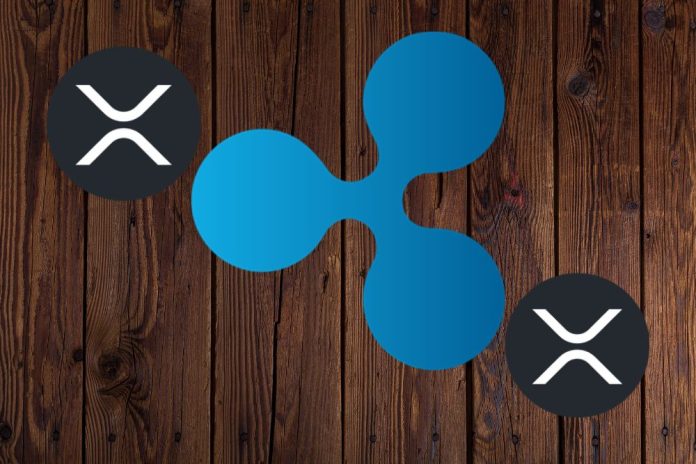A recent post by Vet (@Vet_X0), a validator on the XRP Ledger (XRPL), highlights a crucial distinction in the ecosystem of XRP-related technologies.
Vet explained the difference between XRP itself and the XRPL. He emphasized that XRP is a neutral digital asset that resides on the XRP Ledger, where it serves purposes such as transaction fees, reserves, and liquidity features.
He further clarified that XRP operates without any centralized authority, noting, “No one is ‘behind’ XRP.” Vet also underscored the decentralized nature of the XRPL, which currently consists of approximately 700 nodes and over 100 validators operated by diverse entities, including individuals and businesses. This decentralized structure allows anyone to join the network.
The Different Parts of the Ecosystem
Building on this explanation, Panos Mekras (@panosmek), a well-regarded figure in the crypto industry, provided a deeper analysis. Mekras shared an image that outlines the distinctions between the XRP Ledger, XRP, and Ripple, addressing misconceptions that often arise within the crypto space.
Learn the difference: XRPL vs XRP vs Ripple https://t.co/AbN0mFAaet pic.twitter.com/Xnv7s8WNKL
— Panos 🔼{X} (@panosmek) December 3, 2024
The XRP Ledger (XRPL): A Layer-1 Blockchain
The XRP Ledger is a decentralized, open-source blockchain platform maintained by a global developer community. As a Layer-1 blockchain, it is designed to support a wide range of applications, including tokenization, payments, stablecoins, and central bank digital currencies (CBDCs).
Companies, institutions, developers, and individuals worldwide leverage the XRP Ledger for its versatility and efficiency. This infrastructure is central to the ecosystem, providing the foundation for the use of XRP and various applications.
We are on twitter, follow us to connect with us :- @TimesTabloid1
— TimesTabloid (@TimesTabloid1) July 15, 2023
XRP: The Native Digital Asset
XRP is the native token of the XRP Ledger, similar to how ETH functions within the Ethereum ecosystem. Its primary utility is facilitating transactions on the XRPL. Additionally, XRP plays a vital role in maintaining the network’s security by preventing spam and enabling cross-currency bridges in the XRP Ledger’s decentralized exchange (DEX).
Contrary to popular misconceptions, XRP is not controlled by any single entity. It is fully decentralized, as Ripple Chief Technology Officer (CTO) David Schwartz has clarified multiple times.
Ripple: A Crypto Solutions Company
Ripple, often mistakenly conflated with XRP and the XRP Ledger, is a private technology company that develops crypto solutions for businesses. Ripple’s use of XRP focuses on enhancing payment systems, leveraging the asset’s speed, efficiency, and reliability to address real-world financial challenges.
Ripple also contributes to the XRPL ecosystem but is only one of many developers building on this blockchain. As many experts have highlighted, Ripple does not control XRP or the XRP Ledger.
Disclaimer: This content is meant to inform and should not be considered financial advice. The views expressed in this article may include the author’s personal opinions and do not represent Times Tabloid’s opinion. Readers are urged to do in-depth research before making any investment decisions. Any action taken by the reader is strictly at their own risk. Times Tabloid is not responsible for any financial losses.
Follow us on Twitter, Facebook, Telegram, and Google News



